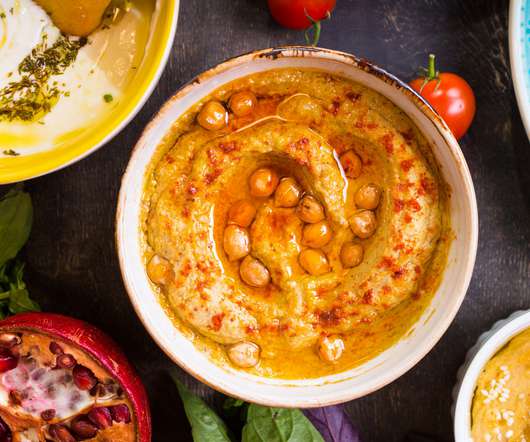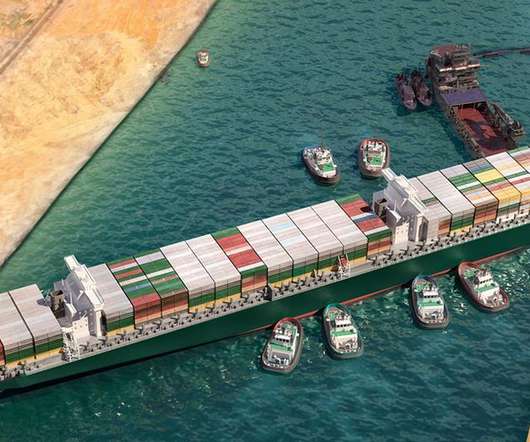People and Halal Supply Chains
The Logistics & Supply Chain Management Society
OCTOBER 14, 2021
trillion industry by 2024 , consisting of not only food, but also cosmetics, pharmaceuticals, modest fashion, media & creation, and Muslim friendly travel. Muslim (majority) countries in Asia (such as Brunei, Indonesia, and Malaysia) and several countries in the Middle East are moving to stage 3: the halal supply chain.
















Let's personalize your content